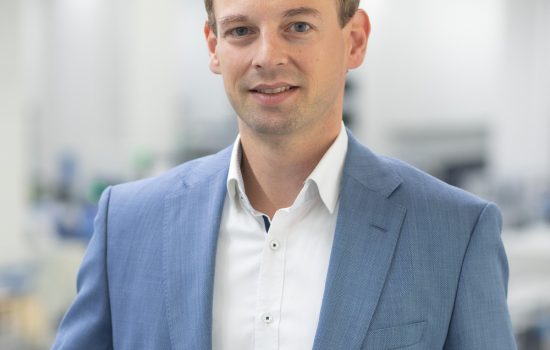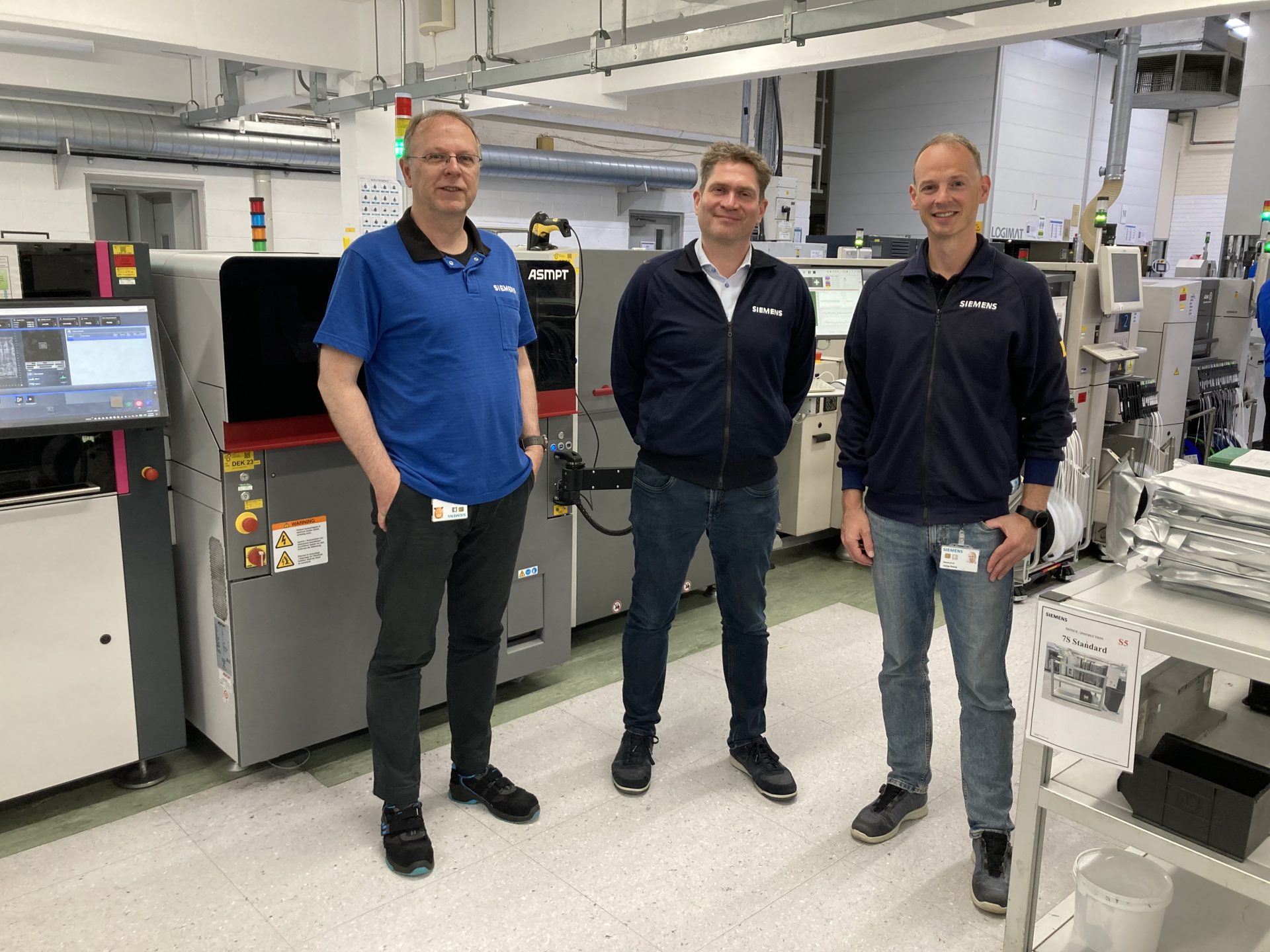

Job Title: Head of Factory Operations
Company: Siemens, Congleton
What is your background and how did you come to be in your present role?
I spent quite a long time at university, finishing my PhD and focusing on research until I was 30. It was then I started my career in manufacturing with Siemens. My first position was in the company’s Digital Lighthouse Factory in Erlangen in Germany, where I was a Product Manager for highly automated assembly lines and responsible for introducing the latest technologies to enable us to be as competitive as possible in a high-cost country.
After that, I moved into the factory automation business, focusing more on PLCs and HMIs. I concentrated on doing strategic work, and I was also responsible for production for around five years.
It was then that someone from my old motion control business unit called me and asked if I would consider coming to the UK to support Siemens’ business in Congleton. They had quite a challenging time during COVID, and the operational performance of the site was not as good as it was in the past.
He convinced me to take that step, and this has now been my main task for the last three years; using the latest technology to bring Congleton back to its peak operational performance and state of the art operational excellence.

What has been your greatest challenge/achievement so far in your career?
Given the time window it’s been quite a challenging task to achieve the required levels of operational excellence. In the last financial year we over-achieved with regards to our targets. When I came to the UK, at least 80% of the KPIs were in the red. Now, quality, cost, delivery, sustainability are all in the green, and we have been very productive at Congleton. It was a great achievement.
But it was only possible with the whole Congleton team. We had to really define a strategy to achieve operational excellence, and we had to make a lot of changes. So coming to the UK and working together with my UK colleagues to bring Congleton back to the position where it should be is my greatest achievement.
What advice would you give to your younger self?
When I was a student at university, I never really looked at manufacturing. I was always looking more towards R&D, developing new products and using simulation and numerical maths. It was something of an accident that I joined a manufacturing business. However, manufacturing is really worthwhile.
You can really see the results of what you are working on, so from a feedback perspective, it can make you feel very proud; you see the results. Whereas, if you work in R&D, the end result is not always tangible. This is where manufacturing has quite a unique position and this is what I enjoy the most. You can see where you spend your effort, and you can really celebrate success.
How do you think we can raise the profile of careers in STEM?
The sector presents a huge opportunity, particularly if you think about all the latest developments in AI. And manufacturing has the ability to attract data scientists, and other really smart people, to come and join the sector, which can be the playground for really high-end technology. This can then be transferred into real value added and improve the competitiveness of the UK manufacturing environment.
What is your favourite engineered/manufactured product?
Perhaps due to the fact that I’m German, it has to be the Porsche 911. The automotive industry is struggling a little bit, and there’s a big challenge around combustion engine versus fully electric vehicles. But also they have achieved quite impressive results. The preciseness and the overall package of this car is quite unique, and it combines history, performance and engineering excellence all at once.
Please give one interesting fact about yourself that not many people know.
I really love travelling. And I’ve used these last three years to really discover the UK. There are so many dimensions, and so many interesting places to visit. This has completely changed my view on the UK.
What advice would you give to someone considering a career in manufacturing?
It’s important to ask yourself: what are your dreams? And what do you want your career to look like? Of course, you can always go for it and enjoy the ride. But in my experience – at least when it comes to bigger companies – you need to have a plan to achieve what you’re striving for.


